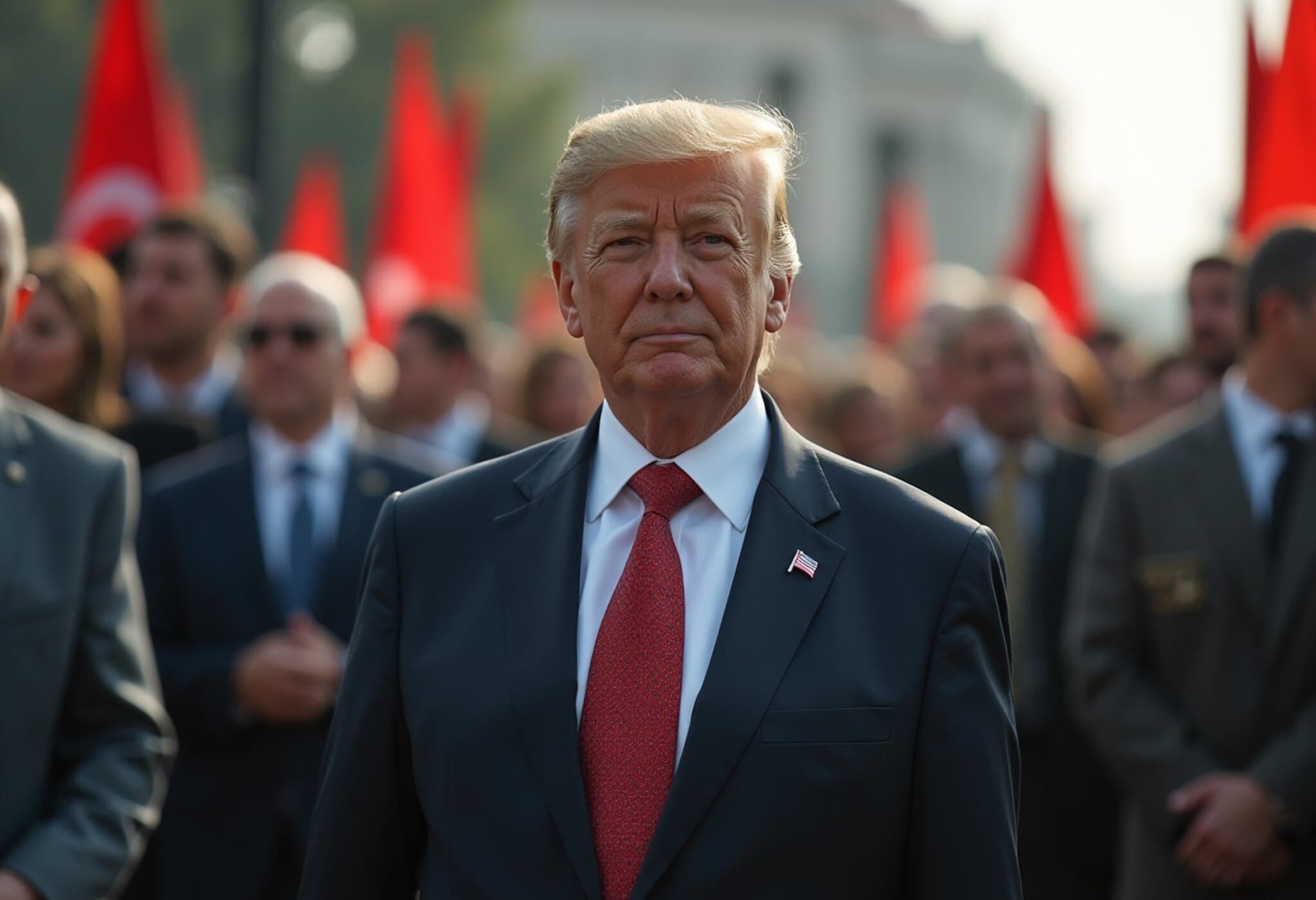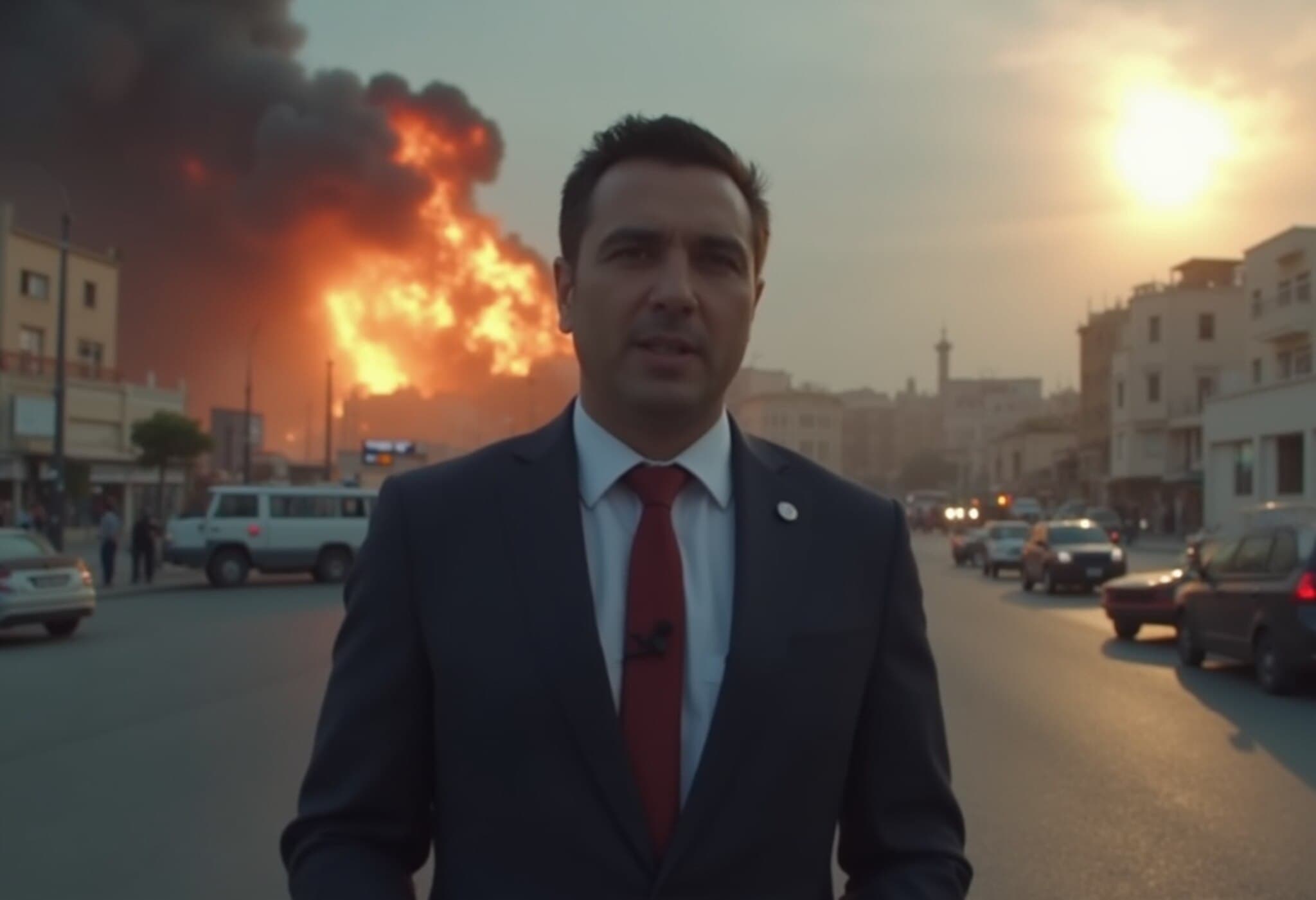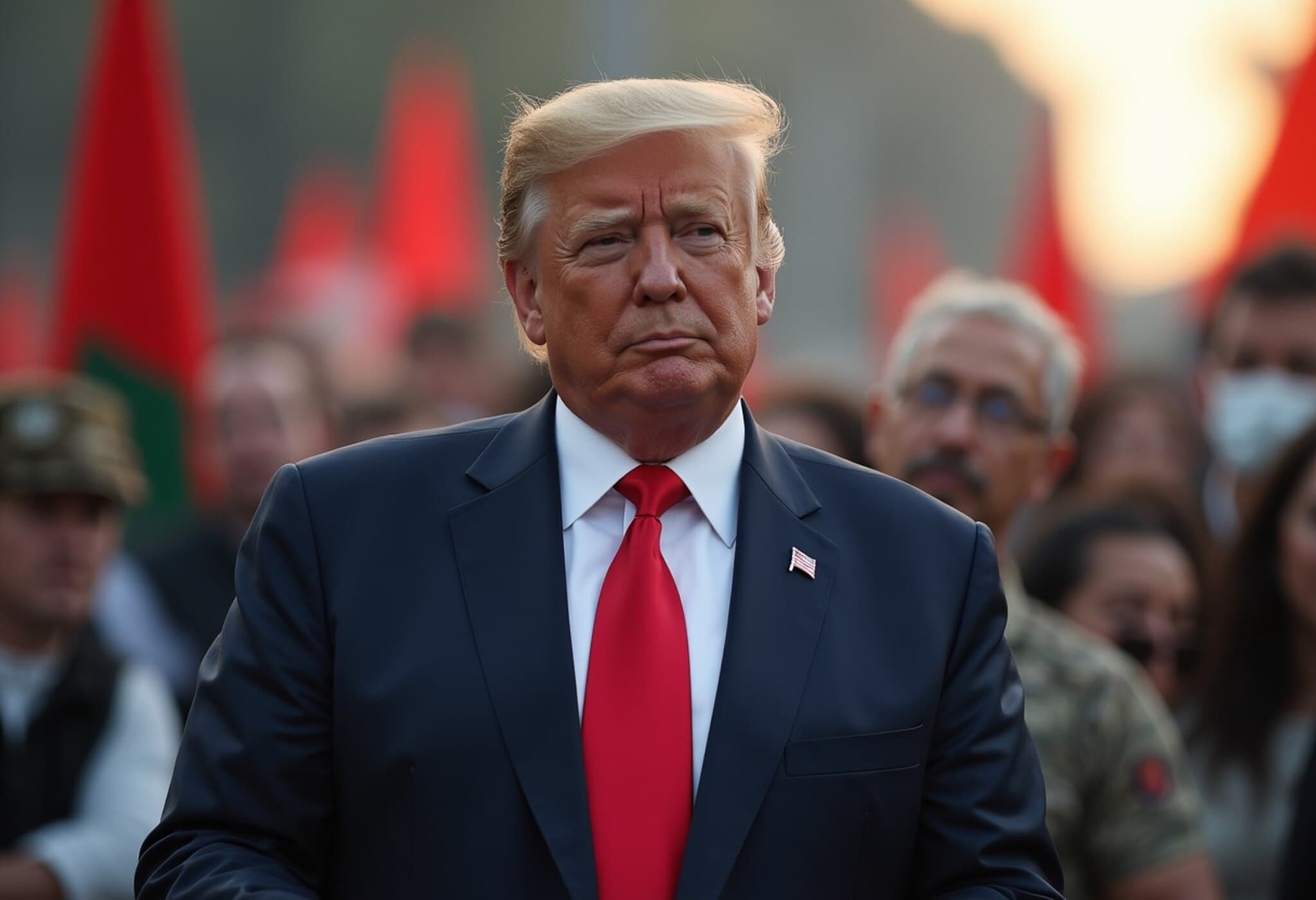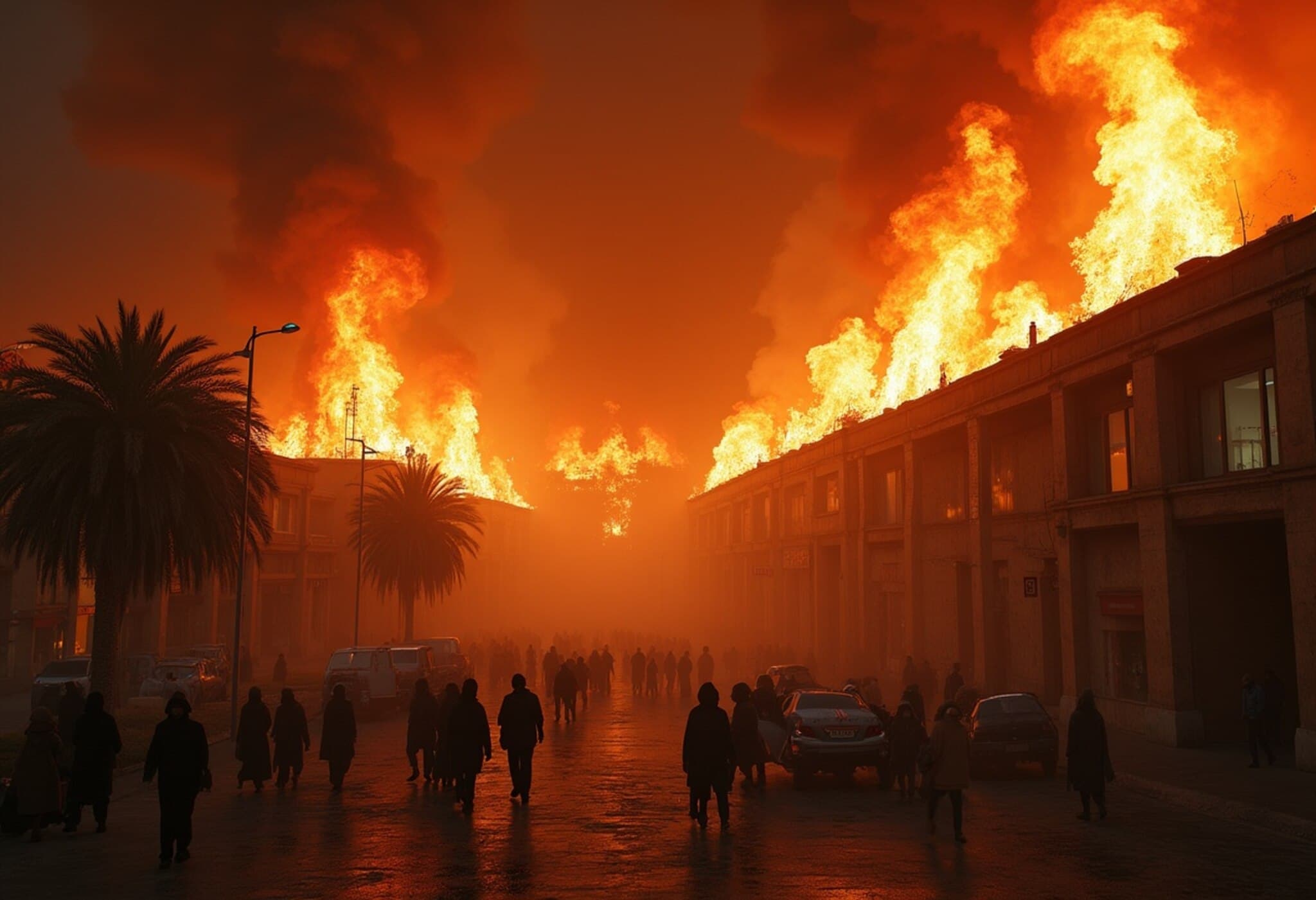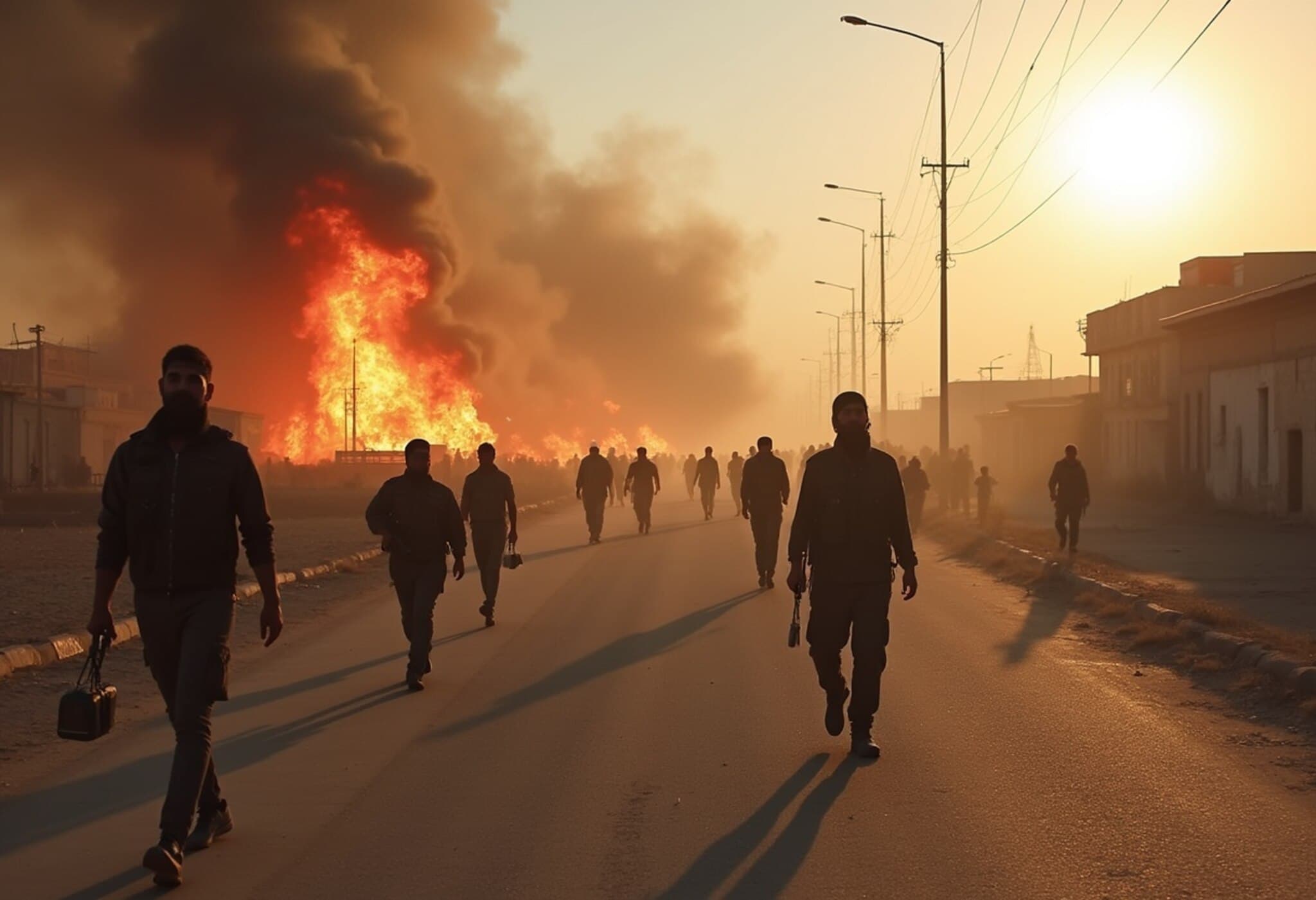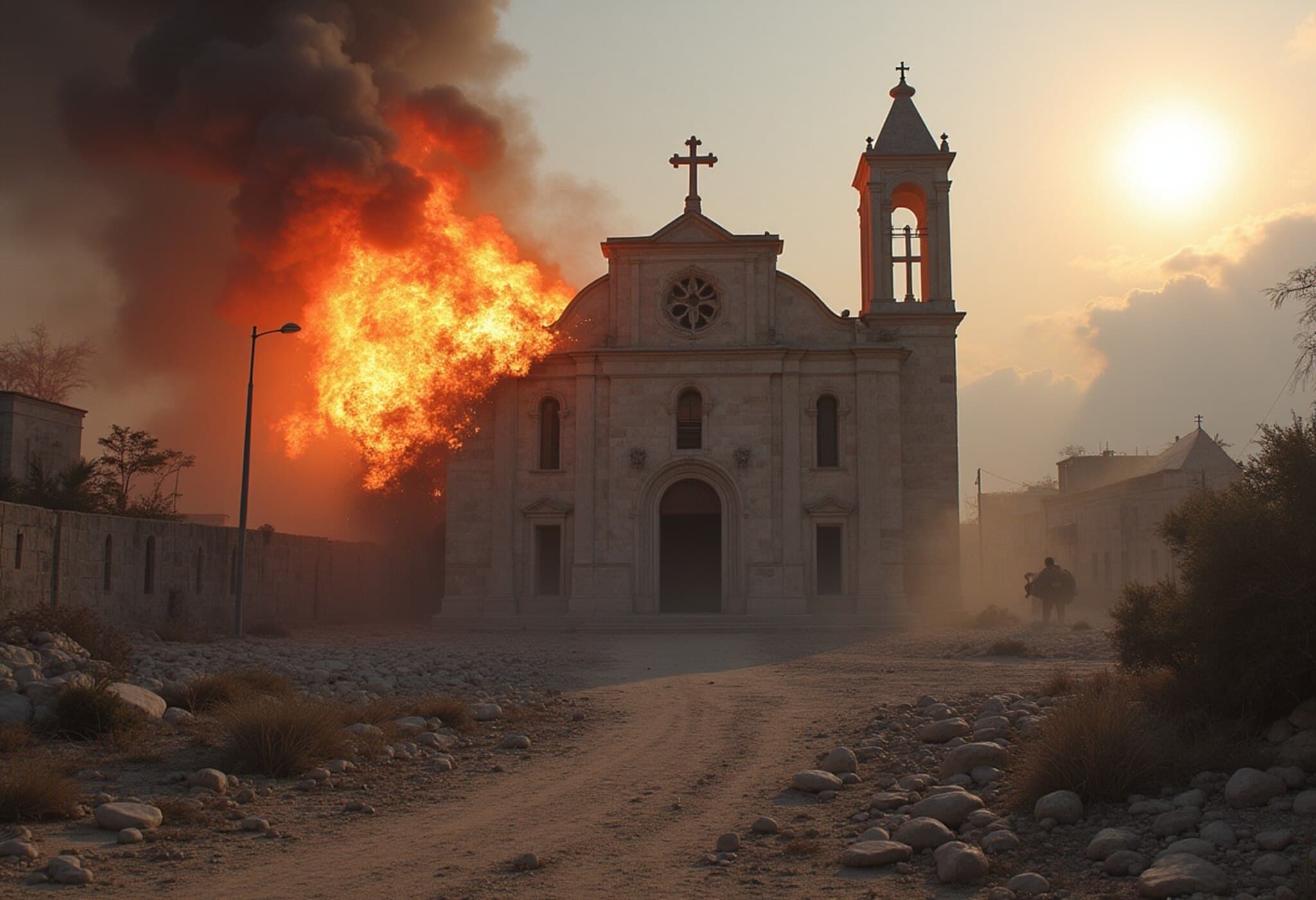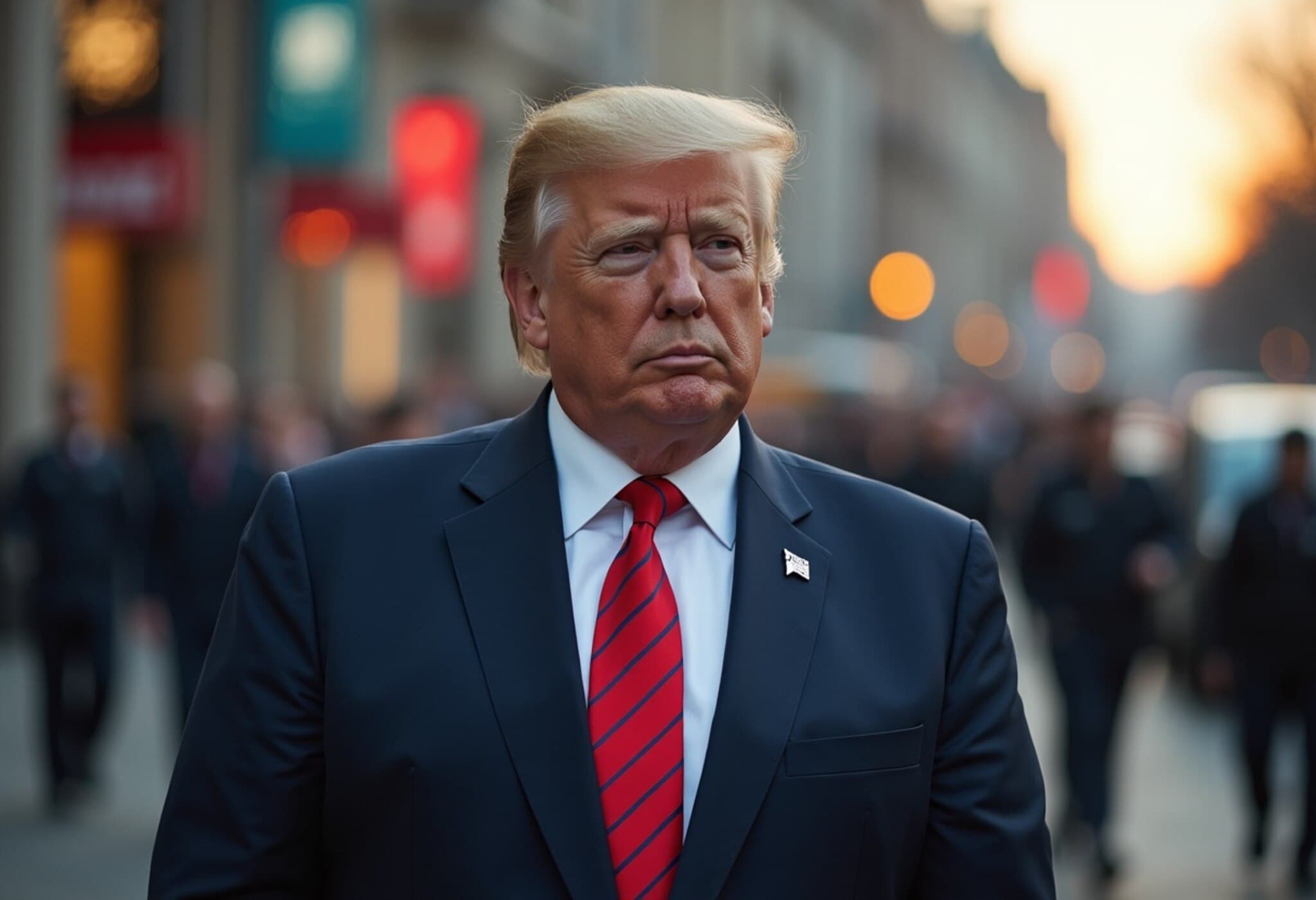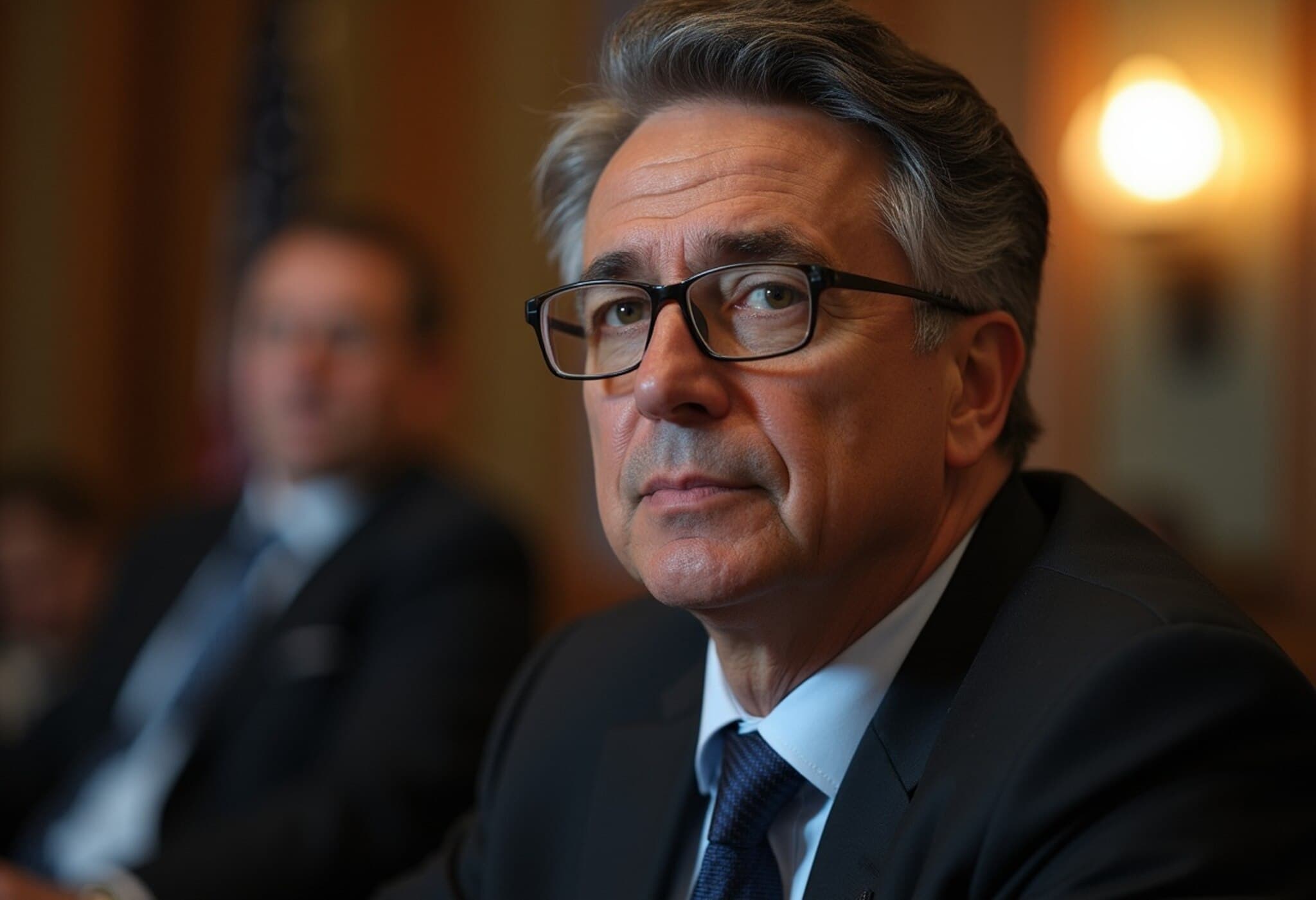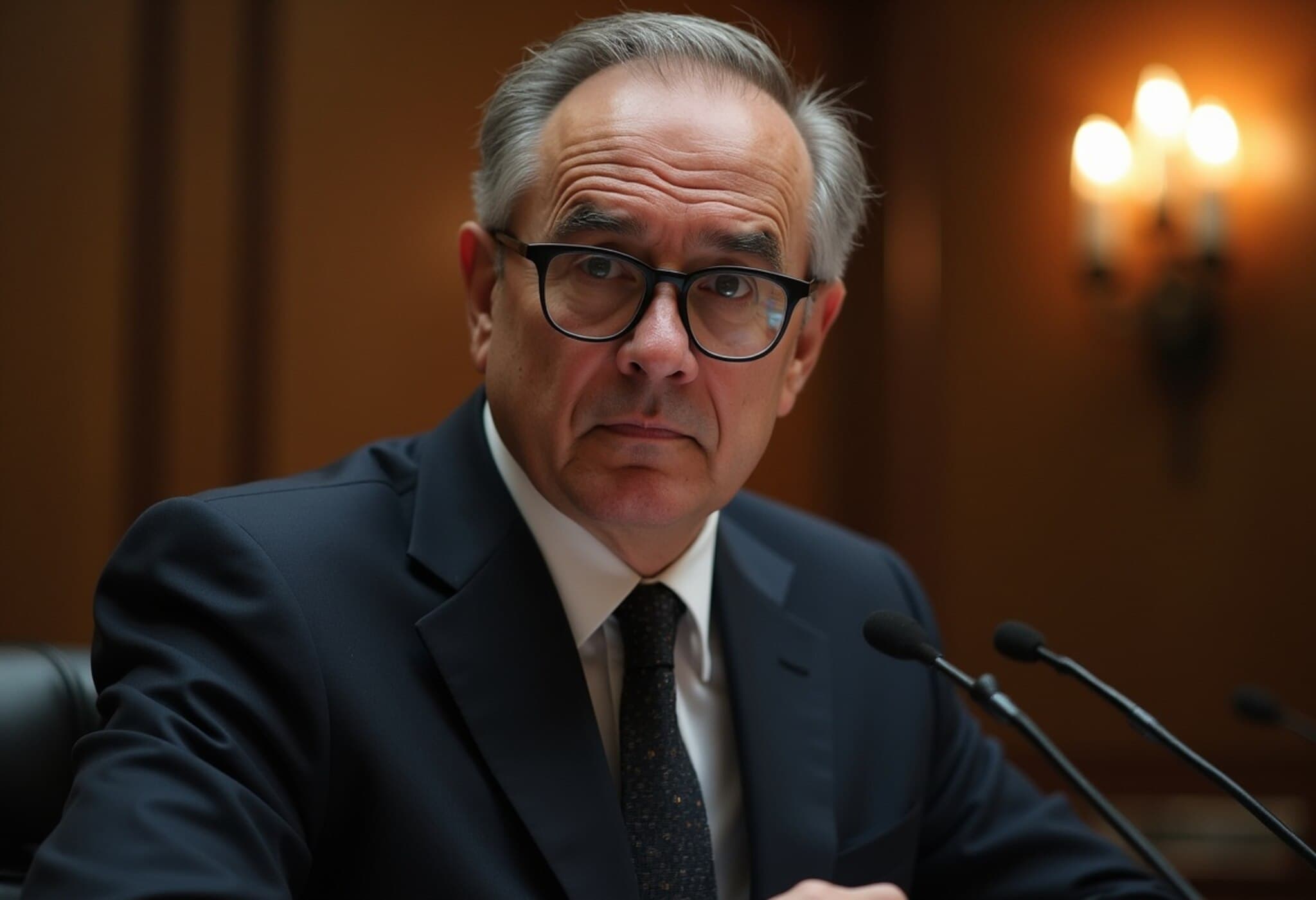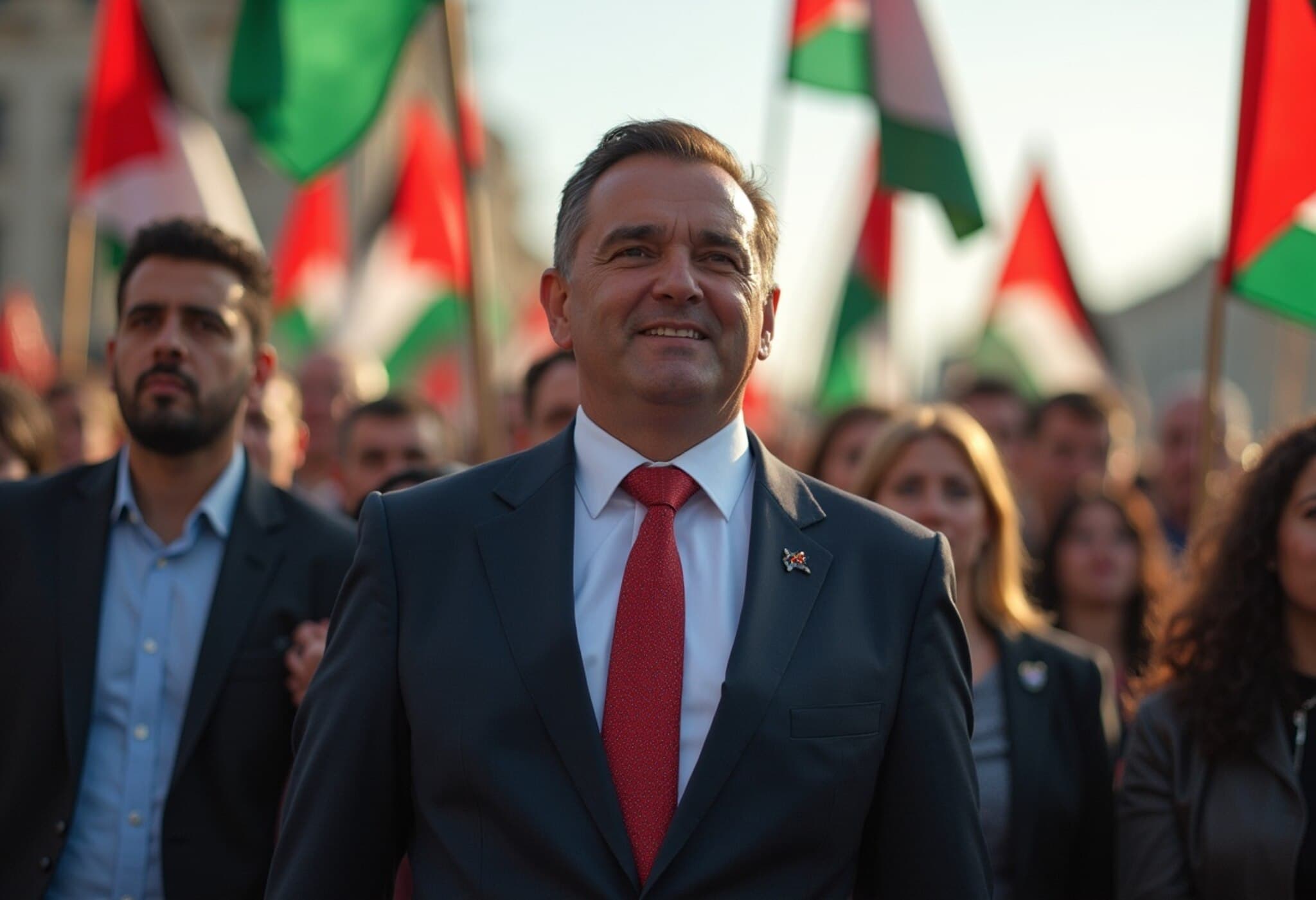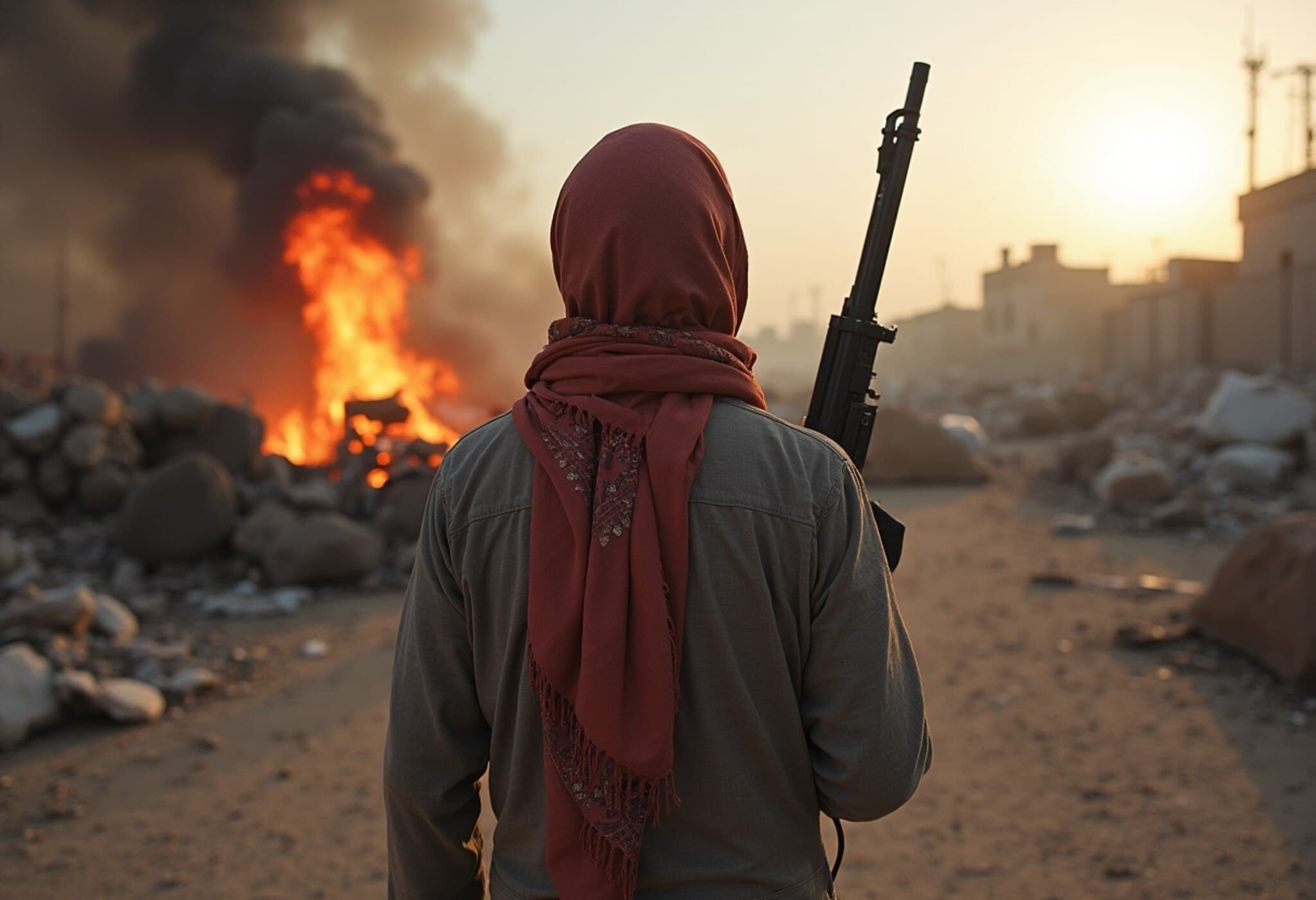US Imposes Visa Sanctions on PLO and Palestinian Authority Amid Terrorism Accusations
On July 31, 2025, the United States Department of State announced visa sanctions against the Palestinian Liberation Organisation (PLO) and the Palestinian Authority (PA), citing ongoing support for terrorism. This move marks a significant shift in US foreign policy under the Trump administration and raises critical questions about the future of Israeli-Palestinian relations and the ever-elusive two-state solution.
Background: The Role of PLO and Palestinian Authority
The Palestinian Liberation Organisation (PLO) serves as the internationally recognized representative body of the Palestinian people, holding a non-member observer state status at the United Nations. Meanwhile, the Palestinian Authority (PA) acts as the de facto government administering parts of the West Bank from its seat in Ramallah, established under the Oslo Accords of the 1990s.
These accords envisioned the PA evolving into a fully sovereign Palestinian government within a two-state framework, coexisting alongside Israel. However, over two decades of stalled negotiations and escalating regional tensions have fractured this vision.
Details of the Sanctions
In its official statement, the US Department of State accused the PLO and PA of violating their commitments by continuing to support terrorism. The noteworthy points include:
- Incitement and glorification of violence, especially within educational materials such as textbooks.
- Providing financial payments and benefits to individuals involved in terrorist activities and to their families.
These actions, the US alleges, undermine peace efforts and fuel ongoing conflict in the region.
Implications for the Israeli-Palestinian Peace Process
The sanctions have stirred concerns over the viability of the two-state solution, widely regarded as the most internationally accepted method to resolve the Israeli-Palestinian conflict by establishing the State of Israel alongside an independent State of Palestine.
Notably, this development coincides with shifts in support from some Western allies, such as Canada and the United Kingdom, reflecting growing unease over Palestinian leadership strategies and the persistent cycle of violence.
Expert Analysis: The Larger Geopolitical Chessboard
Experts warn that the US sanctions may inadvertently empower Hamas, the militant group controlling Gaza, which has long challenged the PA’s legitimacy. As Prime Minister Benjamin Netanyahu’s government steadily erodes the PA’s authority through measures like withholding tax revenues and expanding Israeli settlements in the West Bank, Hamas has capitalized on the PA's weakening influence.
These internal Palestinian fissures complicate the peace prospects further and risk polarizing the Palestinian political landscape even more sharply.
From Oslo to Uncertainty: The Path Forward
Since the breakdown of the Oslo process in the early 2000s, hopes for a negotiated settlement have dimmed considerably. Trump’s administration, diverging from traditional diplomatic approaches, has made controversial proposals such as the annexation of Gaza by the US and relocating Palestinians, moves widely criticized by human rights advocates as extreme and counterproductive.
Netanyahu's discussions around annexation and potential confinement of Palestinians evoke deep concerns internationally, with critics highlighting the risks of exacerbating humanitarian crises and creating situations comparable to apartheid or concentration camps.
Critical Questions for Policymakers
- Can sanctions foster accountability without deepening divisions among Palestinians?
- What mechanisms could preserve the two-state solution vision amid rising tensions?
- How might international actors balance security concerns with human rights protections?
As this complex puzzle unfolds, the global community is called to reassess strategic approaches to foster a just and lasting peace in one of the most enduring conflicts of our time.

